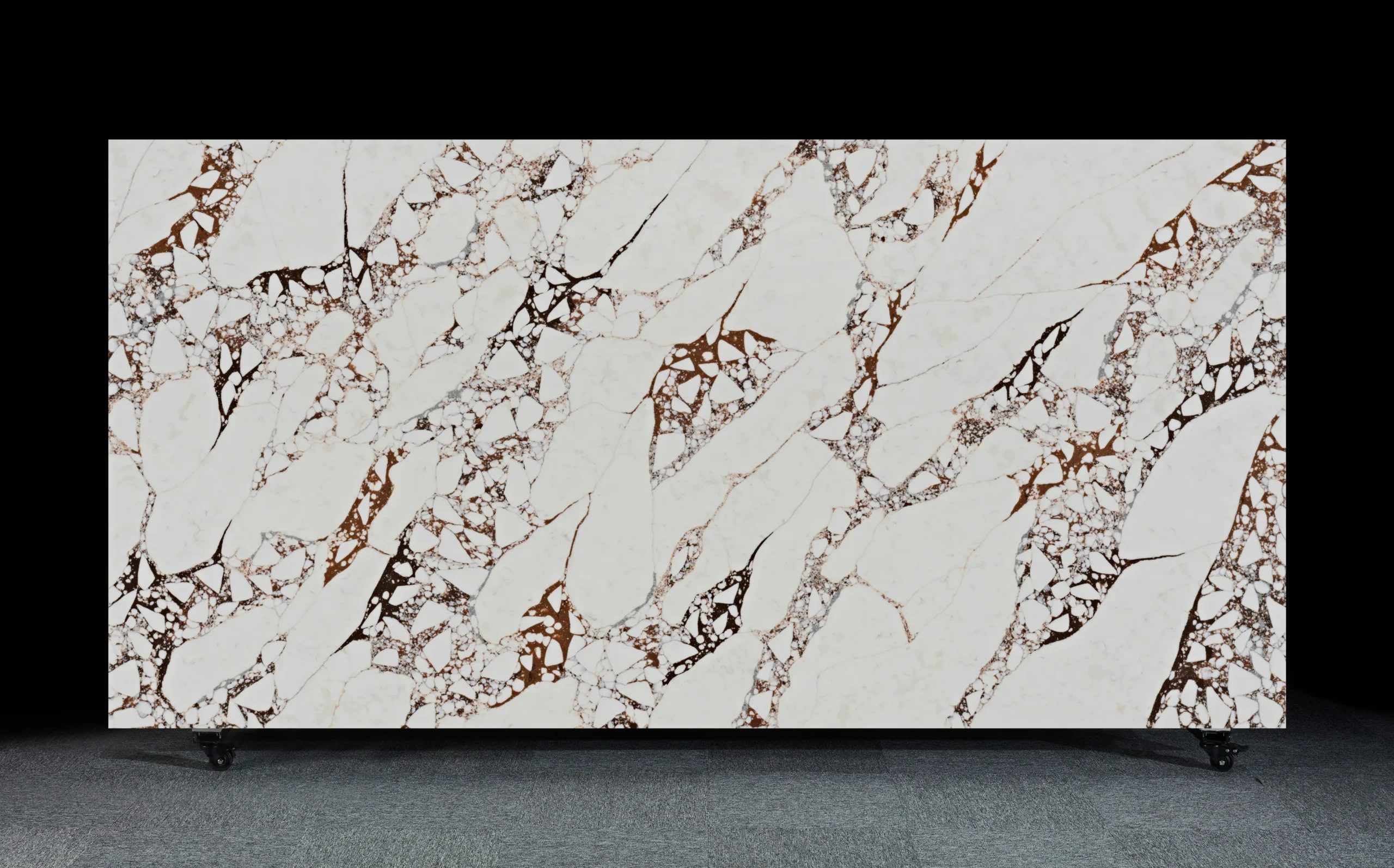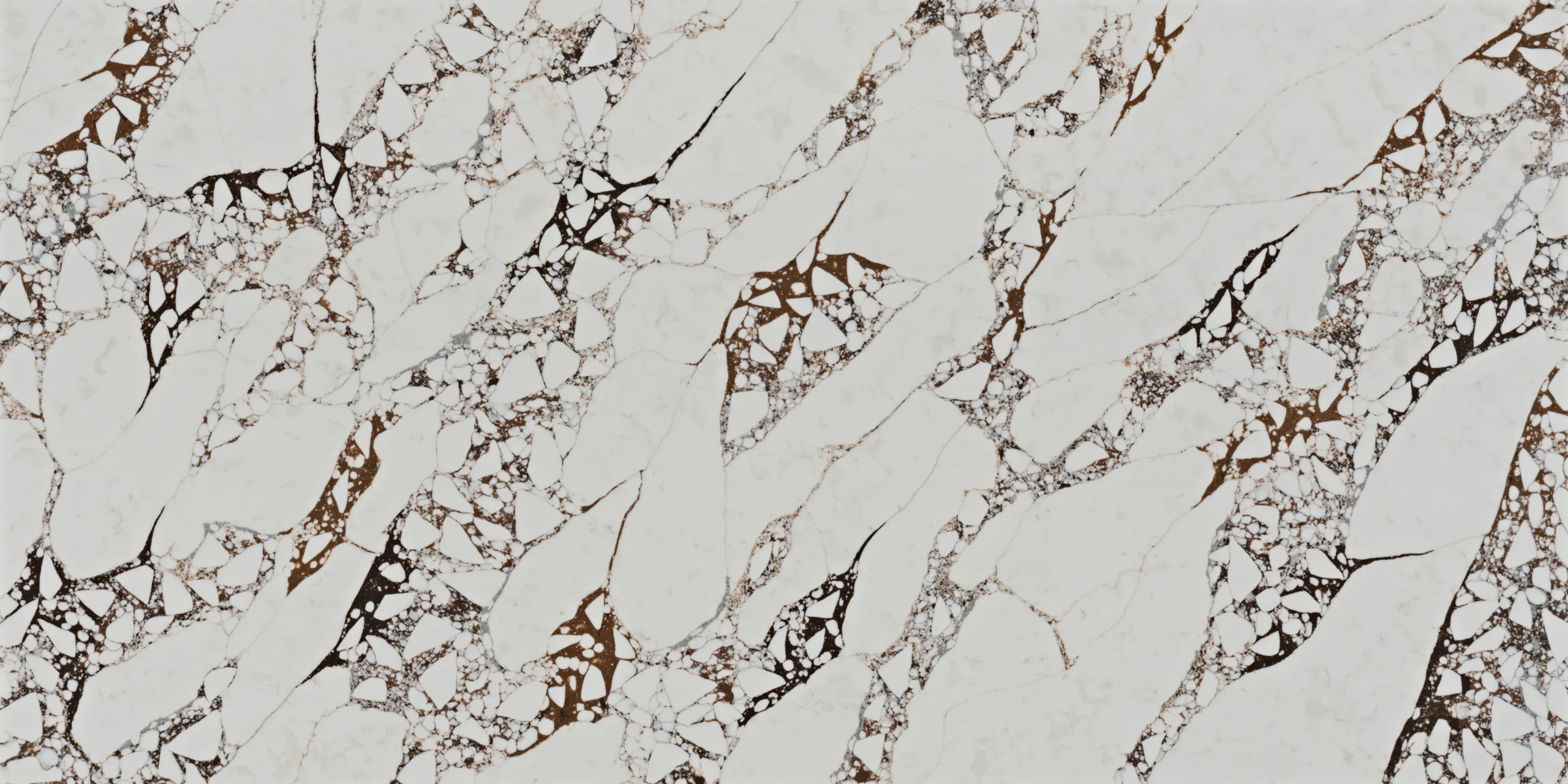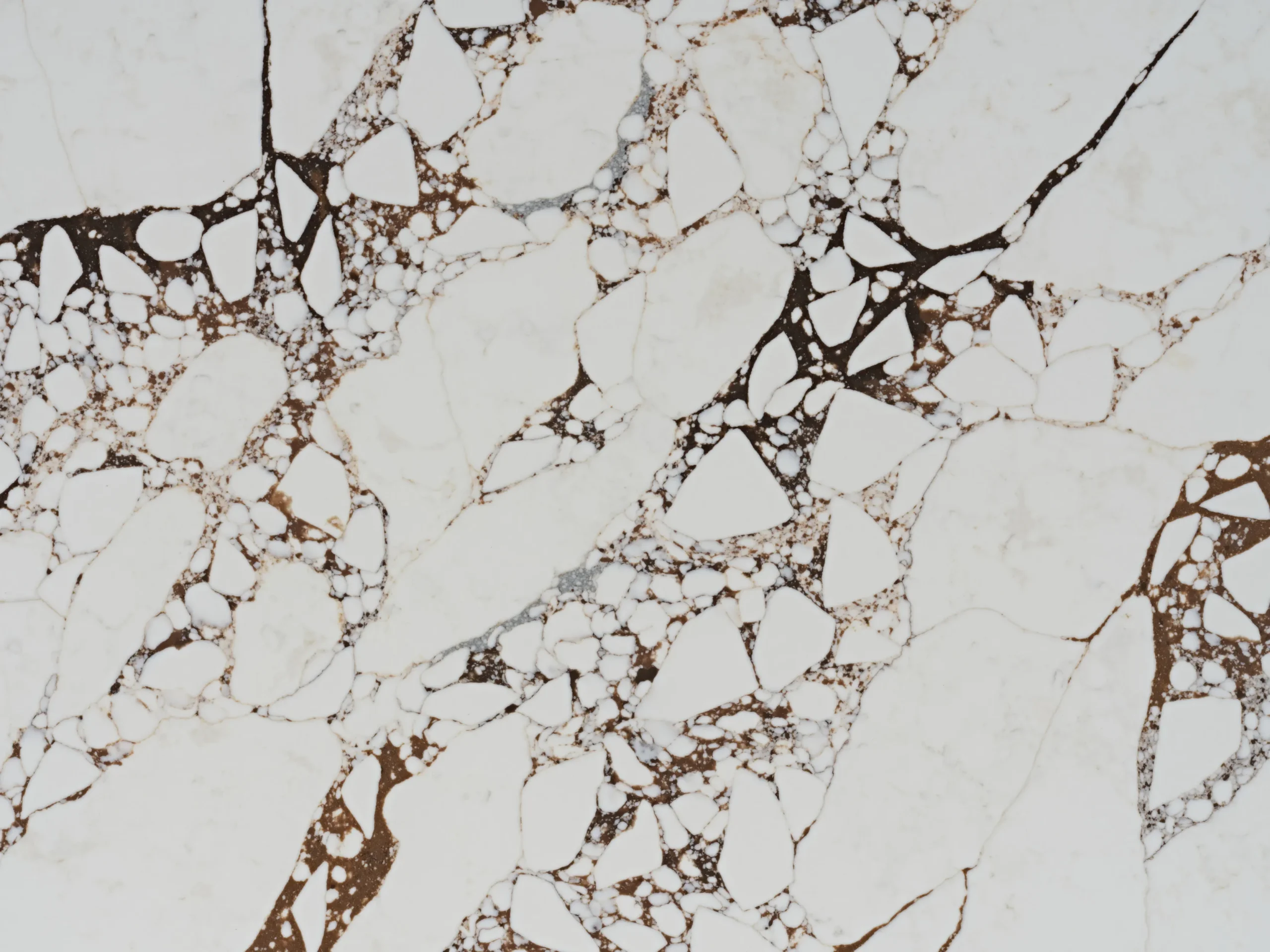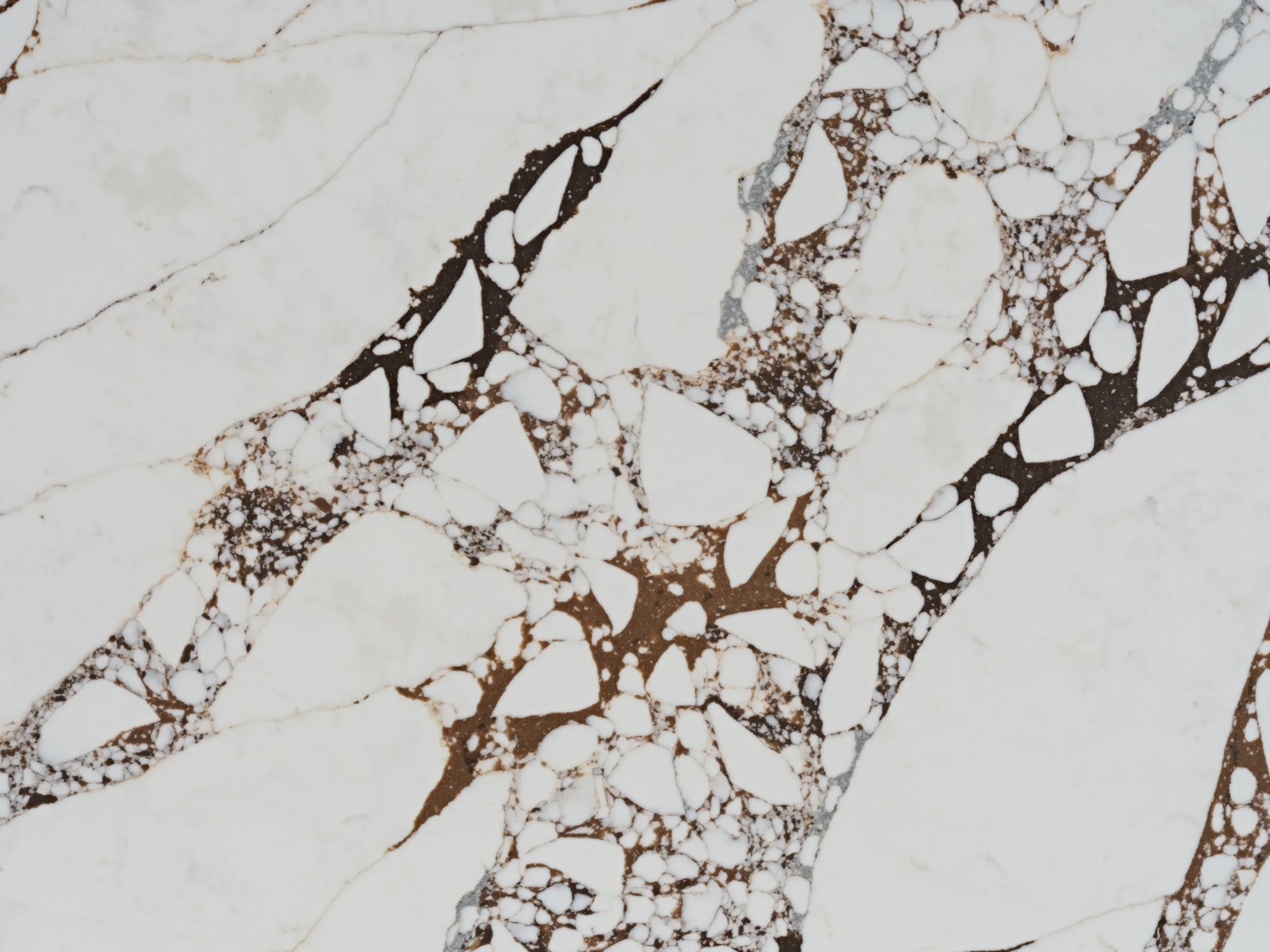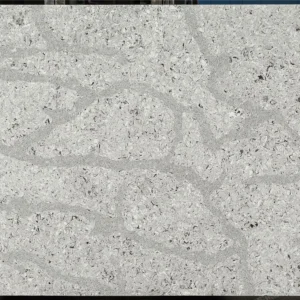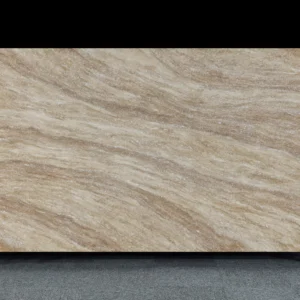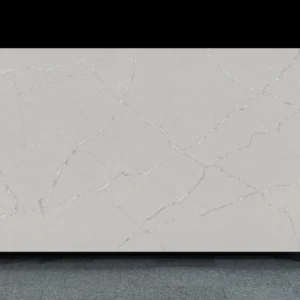quartz vs marble countertops
For distributors and wholesalers, the choice between quartz and marble comes down to the customer’s budget, maintenance preferences, and aesthetic goals. Understanding these differences can help you cater to various needs and offer the best solution for each project.
Additional information
Details about quartz vs marble countertops
Model:VM-20230406
Both quartz and marble countertops offer luxury and sophistication, but they have distinct differences in terms of composition, durability, maintenance, and price. Understanding these differences is crucial for wholesalers when recommending countertops to clients. Here’s a side-by-side comparison:
1. Composition:
-
Quartz Countertops:
Quartz countertops are engineered surfaces made from 95% natural quartz crystals mixed with resins, pigments, and polymers. This allows for a wide range of color options, patterns, and textures. -
Marble Countertops:
Marble is a natural stone that’s extracted from the earth. It’s composed primarily of calcium carbonate, giving it its characteristic appearance and veining. No two slabs of marble are the same, making it unique.
2. Durability:
-
Quartz Countertops:
Quartz is highly durable and non-porous, making it resistant to stains, scratches, and heat. It’s an ideal choice for high-traffic areas like kitchens and bathrooms. However, it can be damaged by excessive heat and sharp objects, so it’s recommended to use trivets and cutting boards. -
Marble Countertops:
Marble is softer and more porous than quartz. It’s prone to scratches, chips, and staining (especially from acidic substances like citrus and wine). Regular sealing is needed to protect marble from staining and damage.
3. Maintenance:
-
Quartz Countertops:
Quartz requires minimal maintenance. Since it is non-porous, it doesn’t need sealing and is easy to clean with a mild soap solution. It’s an ideal choice for people seeking a low-maintenance countertop. -
Marble Countertops:
Marble requires more maintenance due to its porosity. Sealing is essential to protect it from stains and spills, especially in kitchens. It’s also more susceptible to scratches and etching, particularly from acidic substances.
4. Appearance:
-
Quartz Countertops:
Quartz comes in a wide range of colors and patterns, including options that mimic the appearance of marble or granite (such as the white and brown veining shown in the image). It offers a more uniform look compared to natural stones like marble. -
Marble Countertops:
Marble offers a timeless and luxurious appearance with unique veining patterns that vary from slab to slab. The natural variation in color and pattern gives each piece a one-of-a-kind look, making it highly sought after for upscale designs.
5. Cost:
-
Quartz Countertops:
Quartz tends to be more affordable than marble. The price generally ranges from $50 to $120 per square foot, depending on the design, brand, and quality. -
Marble Countertops:
Marble is typically more expensive than quartz, with prices ranging from $60 to $200+ per square foot, depending on the rarity of the marble, the location, and other factors.
6. Environmental Impact:
-
Quartz Countertops:
Quartz countertops can be made with recycled materials, making them an eco-friendly option. Some brands offer countertops made from up to 90% recycled content, which is ideal for environmentally conscious consumers. -
Marble Countertops:
Marble is a natural resource that, if sourced responsibly, can be an eco-friendly option. However, the quarrying process can have a significant environmental impact due to energy use and transportation.
7. Customization and Design:
-
Quartz Countertops:
Quartz can be made in a variety of colors, textures, and patterns, offering flexibility in design. Customization is easy, as it can be created to match specific interior styles. -
Marble Countertops:
Marble provides a unique, natural design with organic variations. No two pieces are the same, making marble a highly desirable choice for custom, one-of-a-kind designs. However, it offers fewer options for color and pattern compared to quartz.
8. Suitability:
-
Quartz Countertops:
Quartz is an ideal choice for high-traffic areas, such as kitchens and bathrooms, due to its durability and ease of maintenance. It’s especially popular in modern and contemporary kitchens. -
Marble Countertops:
Marble is better suited for low-traffic areas or decorative spaces like bathrooms or luxury kitchens. Its classic beauty makes it perfect for high-end, traditional, or luxurious settings.
Summary for Wholesalers:
-
Quartz Countertops:
-
Ideal for customers seeking low-maintenance, durable, and consistent designs. Quartz offers variety, resistance to stains and scratches, and is less costly than marble, making it a popular option for both residential and commercial spaces.
-
-
Marble Countertops:
-
Best suited for clients looking for luxury, uniqueness, and a timeless aesthetic. Marble adds elegance and character to any space but requires more maintenance and care. It’s the perfect choice for upscale projects that prioritize natural beauty over durability.
-
Key Takeaways:
-
Quartz: Durable, low-maintenance, and affordable with a wide range of designs.
-
Marble: Natural, luxurious, unique with timeless appeal but higher maintenance.
